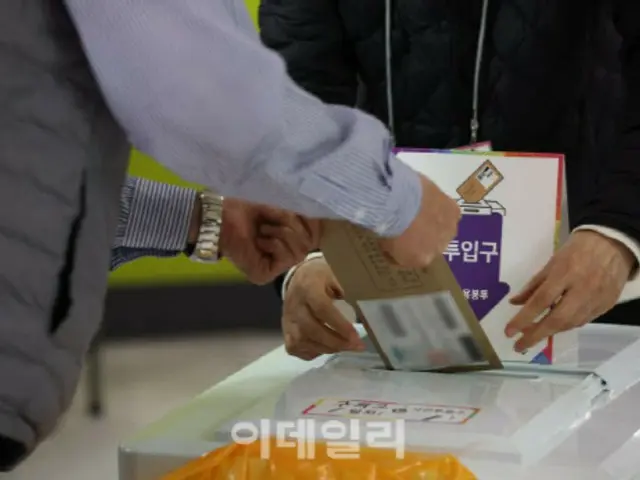According to a report released by the Korea Institute for Health and Social Affairs on the 4th titled "Social Integration Status Diagnosis and Response Plan (X) - Fairness and Conflict Recognition," 19-75 year-olds in June-August of last year
A survey of 3,950 men and women on their level of social integration (ranging from 0, not achieved at all, to 10, very well achieved) found that the average was 4.2 points.
Social integration rose to 4.59 points in 2021 as the COVID-19 pandemic broke out, but fell to 4.31 points in 2022, before falling again last year.
"In the process of fighting the common enemy of the infectious disease, the society became more cohesive," the report said, but added, "However, after the period of epidemic spread passed, the level of integration once again declined."
Among various issues of social conflict, respondents rated the conflict between progressives and conservatives as the most serious. 92.3% of respondents said that the conflict between progressives and conservatives was serious, which was the highest in the 2018 survey.
This is a 5.3 percentage point increase from the previous year (87.0%). Conflicts between regular and non-regular employees (82.2%), labor-management conflicts (79.1%), conflicts between the rich and the poor (78.0%), and conflicts between large and small companies (7
Many also cited serious conflicts between liberals and conservatives (1.8%) and regional conflicts (71.5%). The seriousness of the conflict between liberals and conservatives was also reflected in the responses to questions about dating intentions based on political orientation.
58.2% of respondents said they could not date or marry someone with a different political orientation. This response was more prevalent among women (60.9%) than men (53.9%), and among middle-aged and older people (51.8%) than young people (51.8%).
This was most prevalent among the elderly (68.6%) and among those who were not politically inclined (6.6%). 33.0% of people answered that they could not drink alcohol with friends or acquaintances if their political leanings were different from their own.
The report said, "When dialogue and communication are cut off, conflicts will not be resolved, but will only deepen," and "conflicts, confrontations, tensions and hostility among members of society will increase.
To resolve this issue, we need to create and revitalize public forums, both online and offline, where people with different views and positions can meet and talk with each other."
2024/08/04 20:05 KST
Copyrights(C) Edaily wowkorea.jp 99

